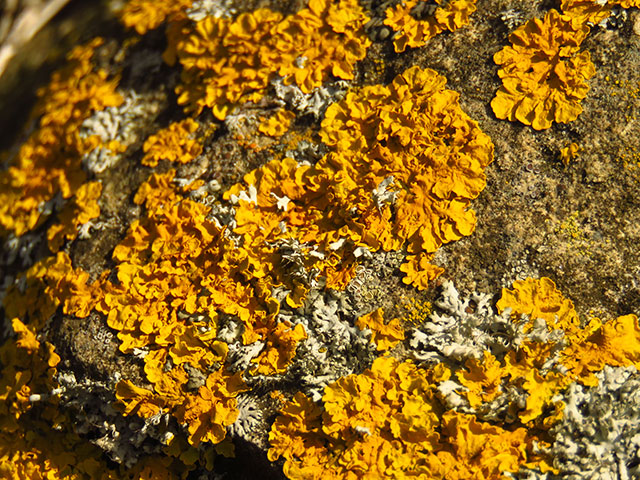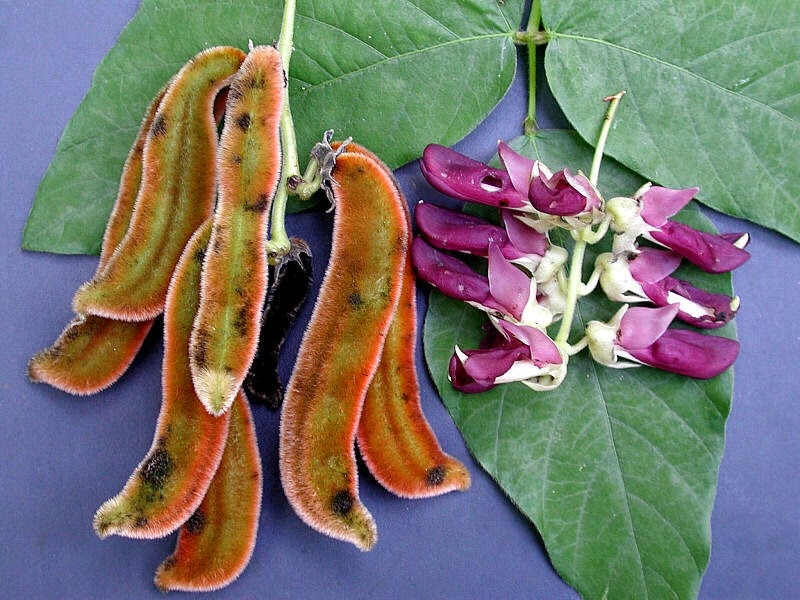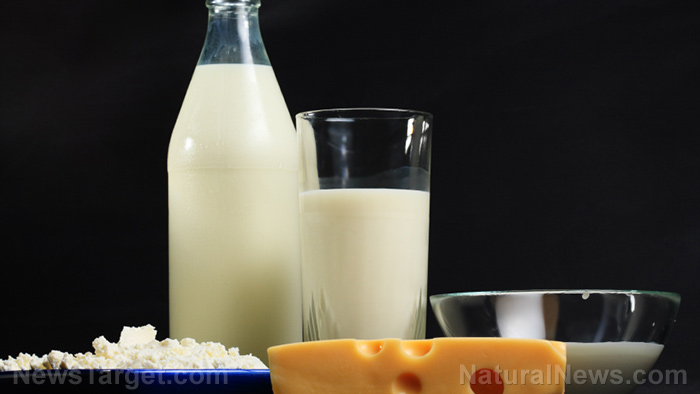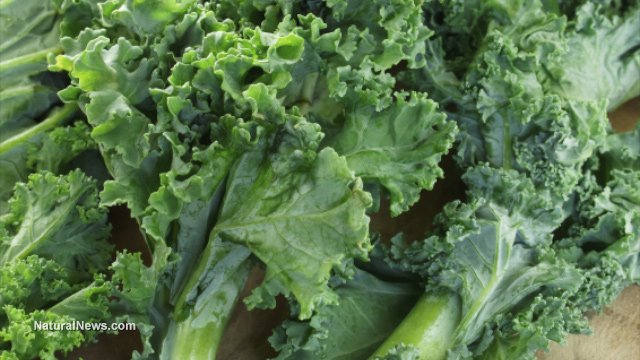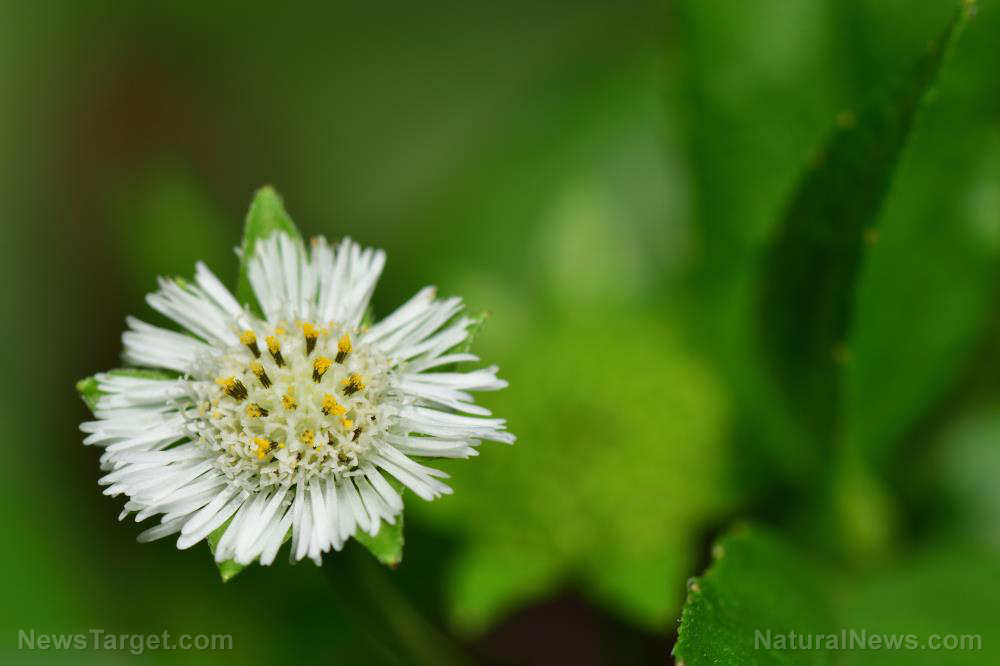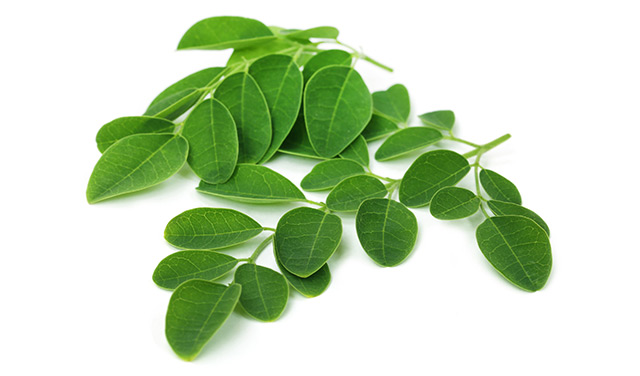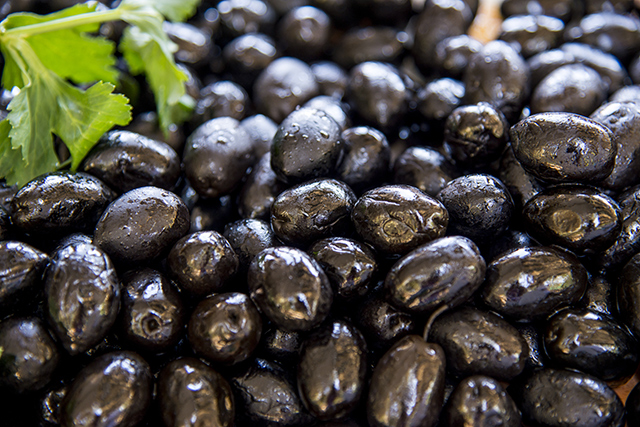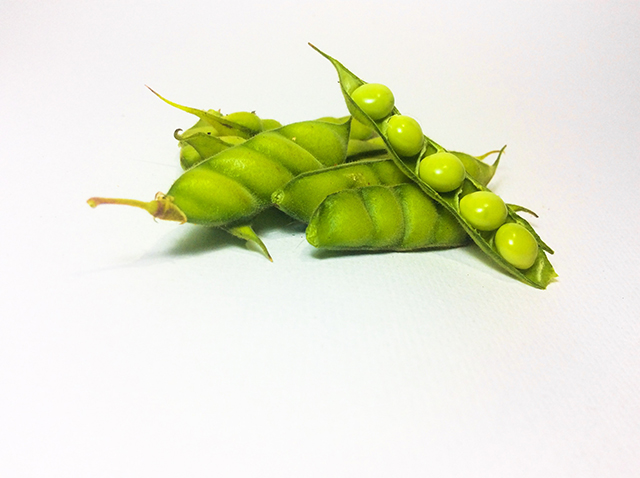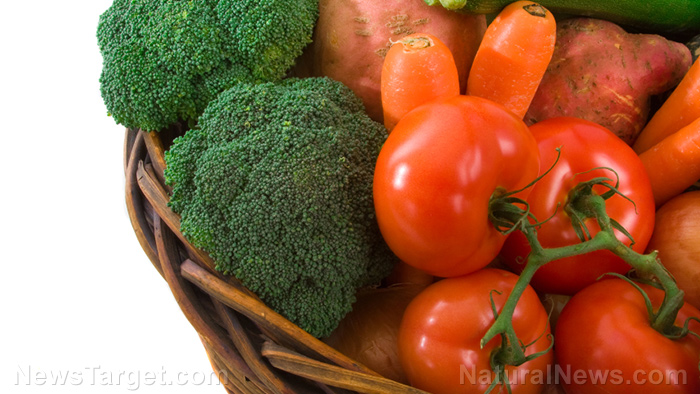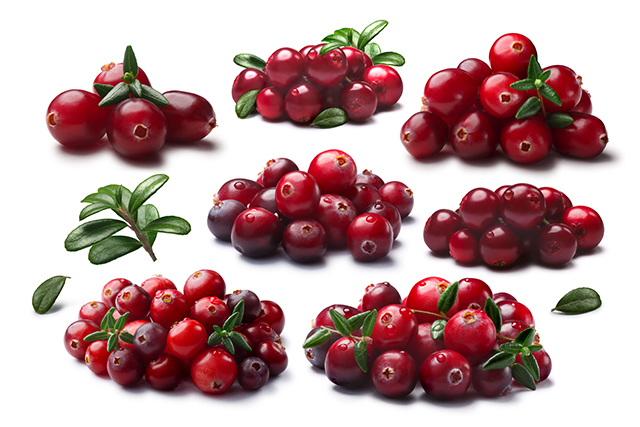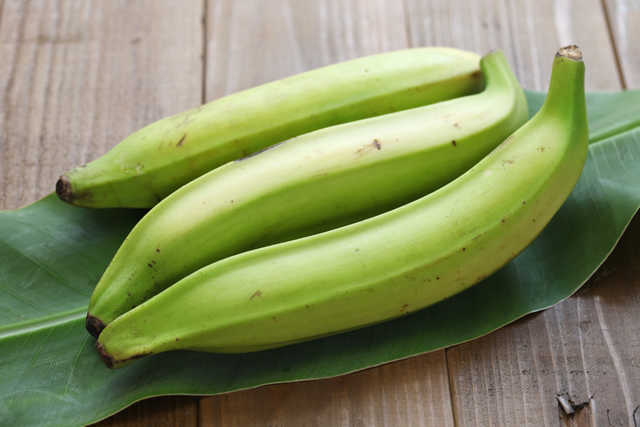Stunned scientists confirm drug-resistant breast cancer cells can be effectively treated with citral, a chemical found in lemongrass
09/27/2018 / By Ellaine Castillo

Previous studies have already shown that citral, a substance found in lemongrass, possesses cytotoxic activity against different cancer cell lines. However, a study, which was published in BMC Complementary and Alternative medicine, was the first to test if this cytotoxic activity can be specifically targeted for drug-resistant breast cancer cells.
Breast cancer treatments have developed greatly in the past years. However, even with these treatments, breast cancer continues to be a threat to many. There are instances wherein these treatments do not completely get rid of the cancer cells, which could lead to metastasis or tumor recurrence. Cancer cells that result from these events usually end up resistant to previously used treatments.
The focus of this study was to determine if citral could be used to induce a form of cell death called apoptosis in these drug-resistant breast cancer cells. To replicate breast cancer in vitro, the breast cancer cell line MDA-MB-231 was used.
Cytotoxicity of citral on MDA-MB-231 cells was determined using the MTT assay. In addition to this they also used MDA-MB-231 cells to form spheroids that mimic drug-resistant breast cancer cells. Results of these assays showed that the citral’s cytotoxic effect on breast cancer cells is dose-dependent and that citral can kill drug-resistant breast cancer cells.
MDA-MB-231 spheroids were also subjected to Annexin V/ 7 AAD flow cytometry to determine if citral can cause them to undergo apoptosis. The results of this experiment reveals that adding citral will induce early and late apoptosis in the cells. The dosage-dependence of citral’s effect can also be observed in this experiment.
Aldefluor assay was also done to determine if aldehyde dehydrogenase positive cells, which have been linked with drug-resistance, can be inhibited. Less number of cells were observed for the secondary spheroids. This means that ability of drug-resistant cells to self-renew was reduced.
Lastly, quantitative real time-PCR and western blot were performed to determine the potential mechanism for citral effect. These experiments look into the genes that are expressed in the citral-treated cancer cells. Based on the results of these experiments, citral was able to reduce the ability of spheroids to self-renew. Aside from this, the down-regulation of Wnt/?-catenin pathway was also observed.
Overall, this study proves that citral can be used to treat drug-resistant breast cancer cells. It does so by inducing apoptosis, as well as, inhibiting growth and self-renewal. This cytotoxic activity of citral is facilitated by the down-regulation of the Wnt/beta-catenin pathway. (Related: Plant phytonutrients shown to alter genes that halt cancer metastasis.)
Other beneficial properties of citral
Aside from its potential as a cancer treatment, citral has many other benefits, such as:
- Protection of cells – Flavonoid, which is a type of antioxidant, is found at high levels in citral. This antioxidant prevents damage induced by free radicals and oxidative stress.
- Insulin maintenance – Studies have shown that citral in lemongrass allows it to maintain optimum levels of insulin. In addition to this, the body’s tolerance to glucose is also improved.
- Weight loss – Researchers have proven that citral is effective in preventing abdominal fats from accumulating. In addition to this, it also encourages the body to use stored fats and it promotes healthy metabolism.
- Reducing inflammation – Citral has exhibited anti-inflammatory properties. These anti-inflammatory properties prevent chronic inflammation and other diseases that may arise from it.
- Relieving pain – Along with reducing inflammation, citral also has the ability to relieve pain. A study showed that applying citral, in the form of lemongrass oil, can lead to lower levels of rheumatoid arthritis pain.
Learn more studies and developments about cancer treatments by visiting Cancer.news today.
Sources include:
Tagged Under: aroma, breast cancer, cancer, cancer treatment, cancer tumors, cell death, citral, drug resistance, natural cures, natural medicine, natural remedies, Oncology

